
Air travel involves a balance of rights and responsibilities for both passengers and airlines. To ensure a smooth and fair experience, travelers need to understand their entitlements and obligations.
This guide provides a detailed, point-by-point explanation of passenger rights and responsibilities, covering baggage, flight cancellations, delays, denied boarding, and special needs accommodations. By familiarizing themselves with these guidelines, passengers can navigate air travel with confidence and clarity.
Passenger Rights
-
Baggage Rights and Responsibilities
- Right to Transport Baggage: Passengers can bring baggage as per their reservation, including carry-on and checked luggage, within the airline’s size, weight, and quantity limits.
- Excess Baggage: Additional fees apply for baggage exceeding the allowed limits.
-
Compensation for Delayed Baggage:
-
148 SDR for the first day of delay.
-
60 SDR for each subsequent day, up to a maximum of 1288 SDR.
-
-
Compensation for Lost or Damaged Baggage:
-
Up to 1288 SDR for lost baggage.
-
Up to 1288 SDR for damaged baggage, unless the damage is due to inherent flaws.
-
- Declaration of High-Value Items: Passengers must declare high-value items in advance to qualify for higher compensation.
- 21-Day Rule: If baggage is missing for 21 days, it is considered lost.

2. Force Majeure
- Airlines’ Obligations: Notify passengers of changes and provide necessary support during extraordinary events.
- Exclusions: Airlines cannot claim force majeure for technical issues, operational errors, or negligence.
-
Passenger Rights:
-
Cancel the contract if delays exceed 3 hours for domestic flights or 6 hours for international flights.
-
Receive a full refund without deductions.
-
3. Flight Cancellations
- Permitted Cancellations: Only for force majeure, safety, or security reasons, supported by GACA reports.
-
Passenger Options:
-
Accept alternative flights.
-
Receive compensation if they decline alternatives.
-
-
Compensation Structure:
-
50% of the ticket value if notified 60-14 days before departure.
-
75% if notified 14-24 hours before.
-
150% if notified within 24 hours.
-
-
Discounted Flights: Compensation based on the highest fare in the booked class.
-
Limited Flight Airports: Airlines must arrange alternative transportation.
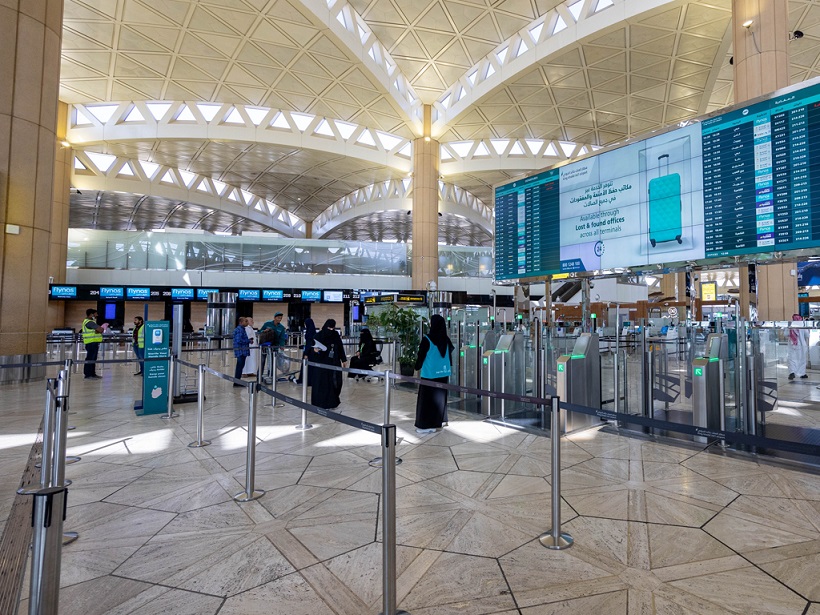
4. Class Downgrades
- Passenger Agreement: If passengers agree to a lower class, airlines must refund the price difference and provide 50% of the difference as compensation.
- Contract Termination: Passengers can cancel the contract and receive a refund plus 200% compensation.
5. Denied Boarding
-
Higher Class Availability: Airlines cannot deny boarding if seats are available in a higher class.
-
Passenger Rights:
-
Informed of their rights.
-
Offered alternative flights or a refund with 100% compensation.
-
-
Special Needs Passengers: Entitled to 200% compensation if denied boarding.
6. Flight Delays
- Notification: Passengers must be informed of delays at least 45 minutes before departure, with updates every 30 minutes.
-
Compensation:
-
50 SDR for delays of 3-6 hours.
-
150 SDR for delays over 6 hours.
-
-
Contract Termination: Passengers can cancel the contract for delays exceeding 2 hours, receiving a full refund.
-
Extended Delays: Delays over 5 hours are treated as cancellations.
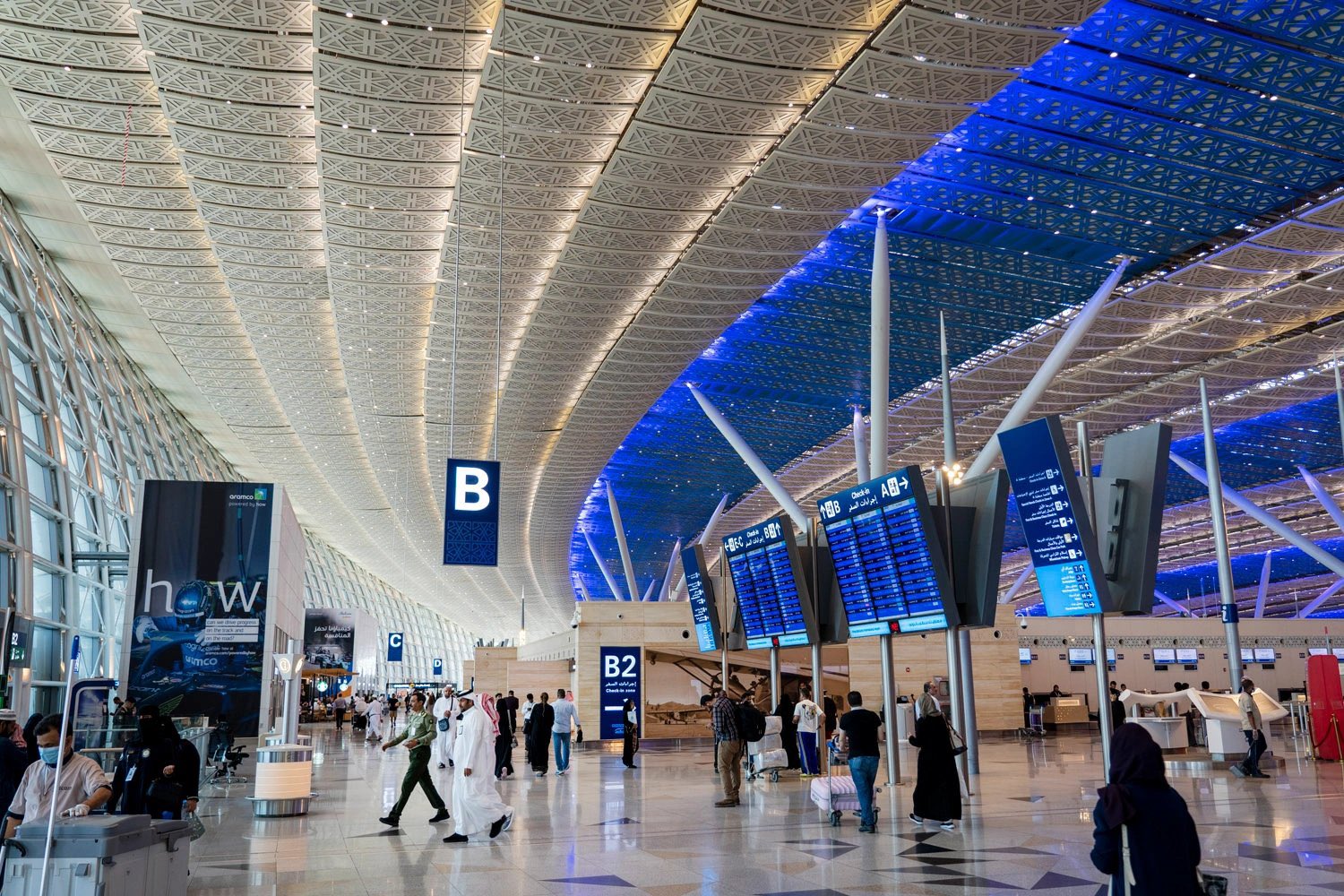
7. Advancing Flights
- Permitted Reasons: Only for safety or security reasons.
-
Passenger Options:
-
Accept the new flight.
-
Choose an alternative flight with compensation for delays.
-
- Contract Termination: If the contract is terminated, the flight is treated as canceled.
8. Tarmac Delays
- Airlines’ Obligations: Provide access to toilets, proper ventilation, food, drinks, and communication options.
- Passenger Rights: After 3 hours, passengers may choose to disembark.
9. Stopovers and Connecting Flights
- Single Journey: Connecting flights are considered a single journey.
- Passenger Information: Airlines must inform passengers of stopovers and the actual carriers for each segment.
- Unannounced Stopovers: Passengers are entitled to 100 SDR compensation per stop.
- Contract Termination: Passengers can cancel their contract for added stopovers, receiving a full refund.
- Security-Related Stops: Exempt from compensation.
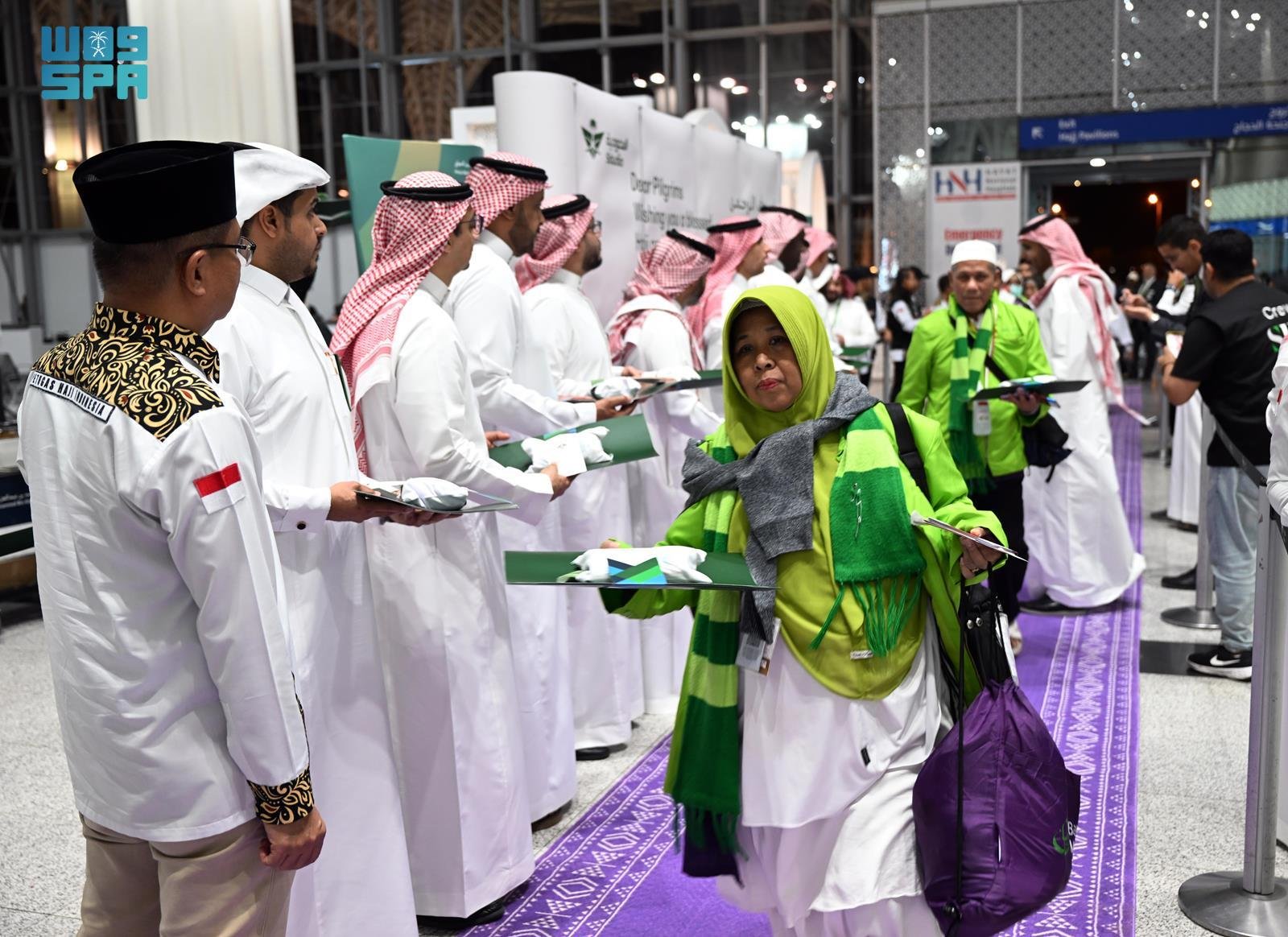
10. Passengers with Disabilities and Special Needs
- Disclosure: Passengers must disclose disabilities or special needs during booking.
- Equipment Transport: Airlines must transport necessary equipment free of charge and ensure it arrives with the passenger.
- Wheelchair Delay: An alternative must be provided immediately, with 100 SDR compensation if unavailable.
- Denied Boarding: Entitled to 200% compensation if denied boarding.
11. Care and Support
- Refreshments: Provided after 1 hour of delay.
- Meals: Provided after 3 hours of delay.
- Accommodation: Provided after 6 hours of delay.
Passenger Responsibilities
-
Review Terms: Understand the carriage contract before booking.
-
Accurate Information: Provide correct contact details during booking.
-
Timely Arrival: Arrive at the airport on time and follow airline instructions.
-
Travel Documents: Complete all required travel documents.
-
Disclosure: Disclose any disabilities or special needs during booking.
-
Behavior: Adhere to public decency and safety regulations; avoid disruptive behavior.
This guide ensures that passengers are well-informed about their rights and obligations, fostering a fair and efficient air travel experience for all. By understanding these points, travelers can better navigate their journeys and address any issues that may arise.










.jpg)










.png)



.jpg)
.jpg)



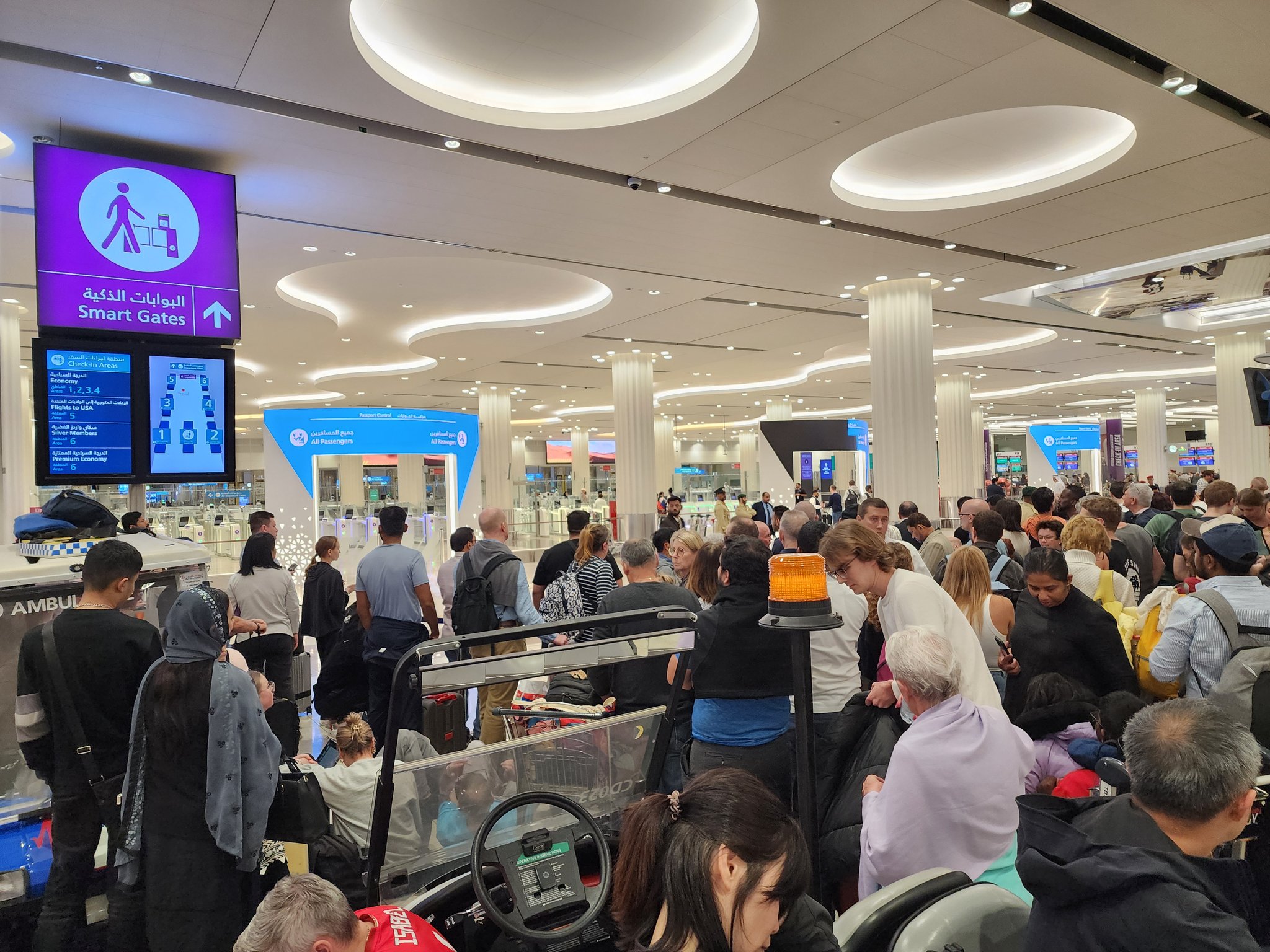
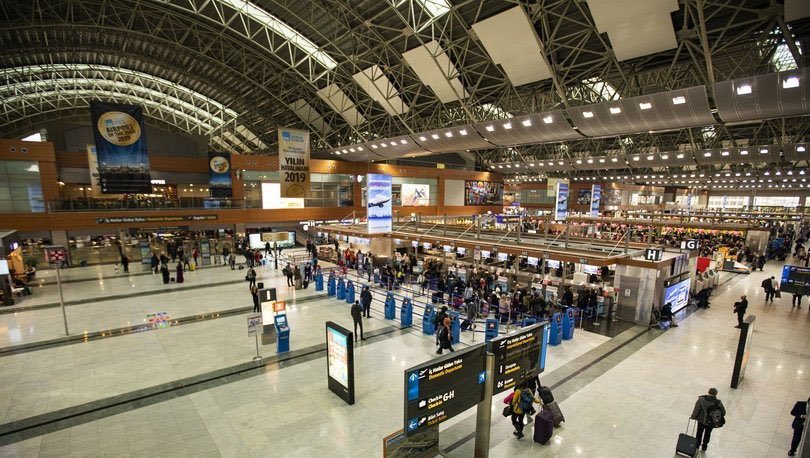
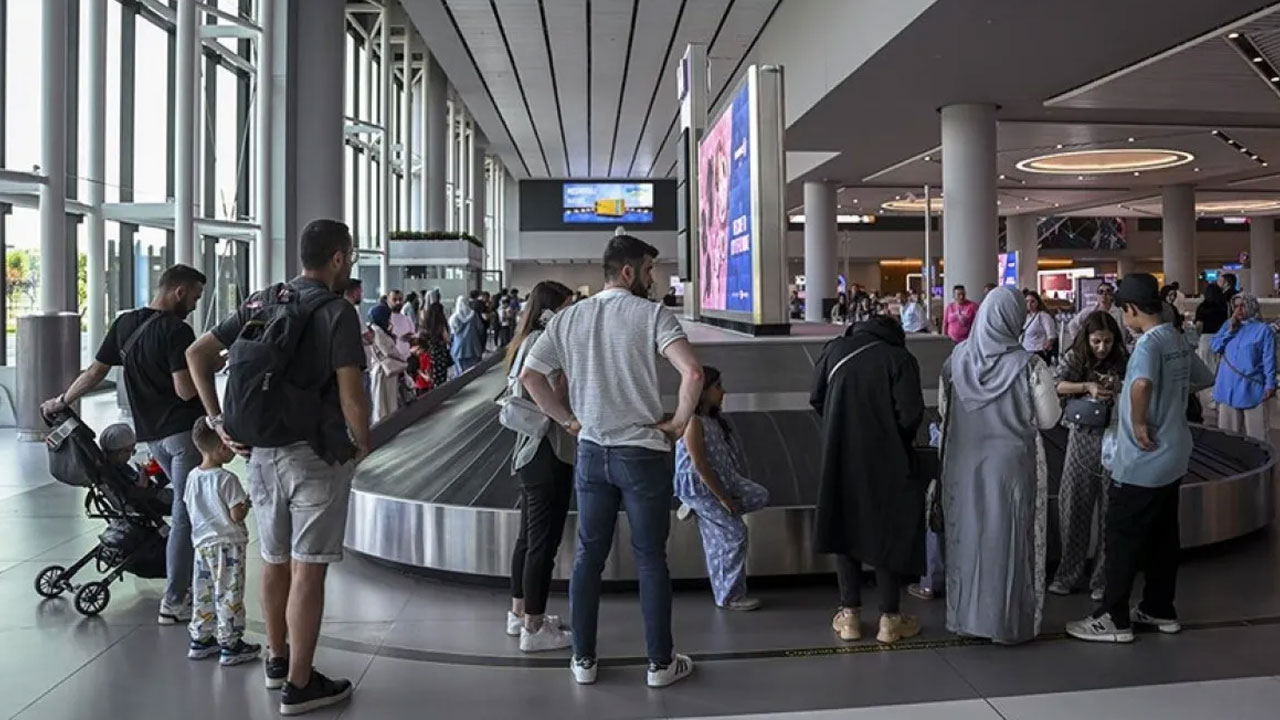








.jpg)









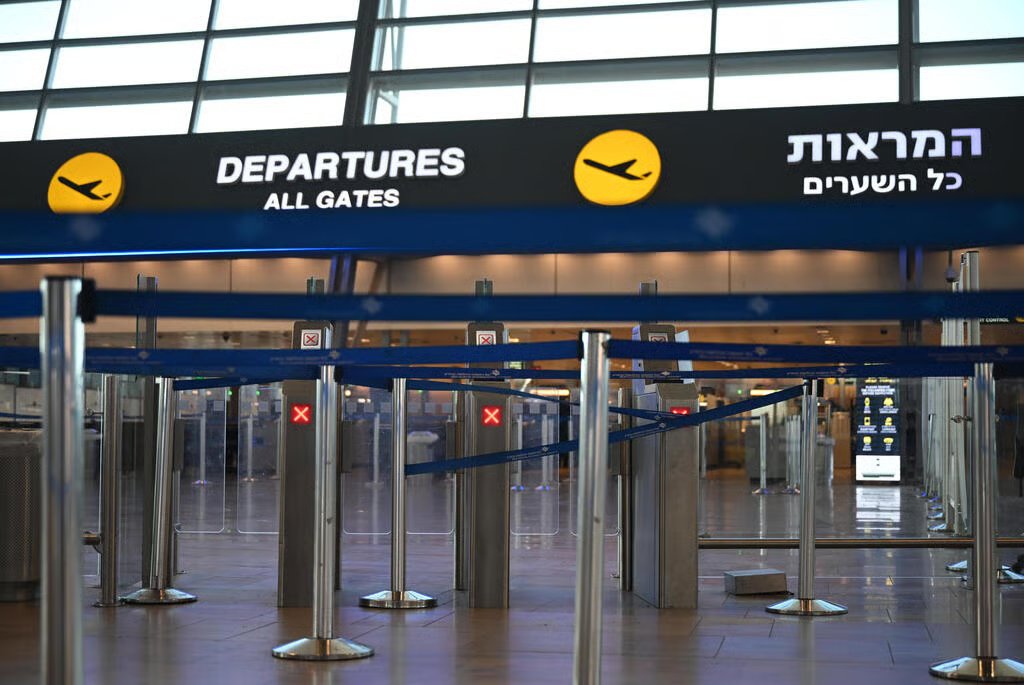
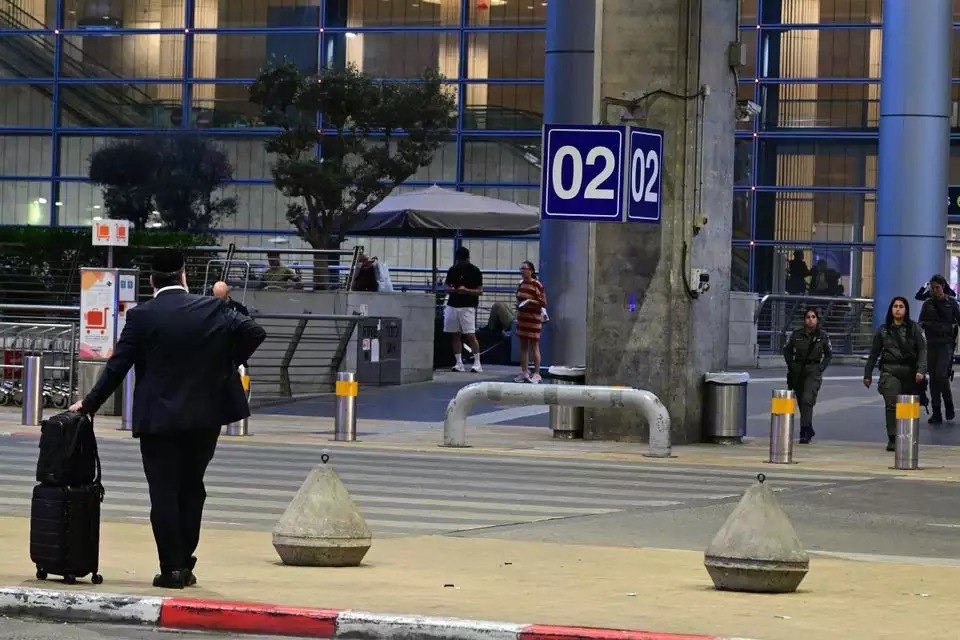
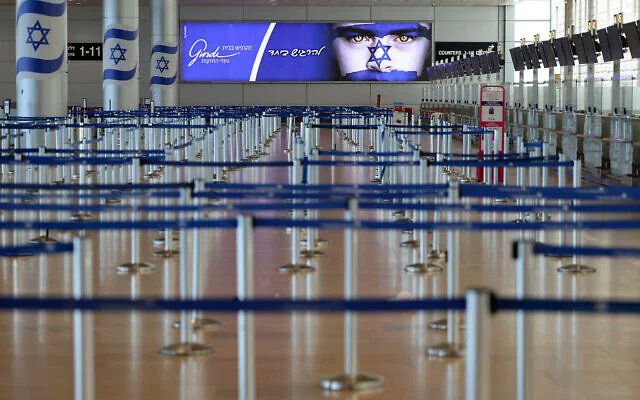







.png)